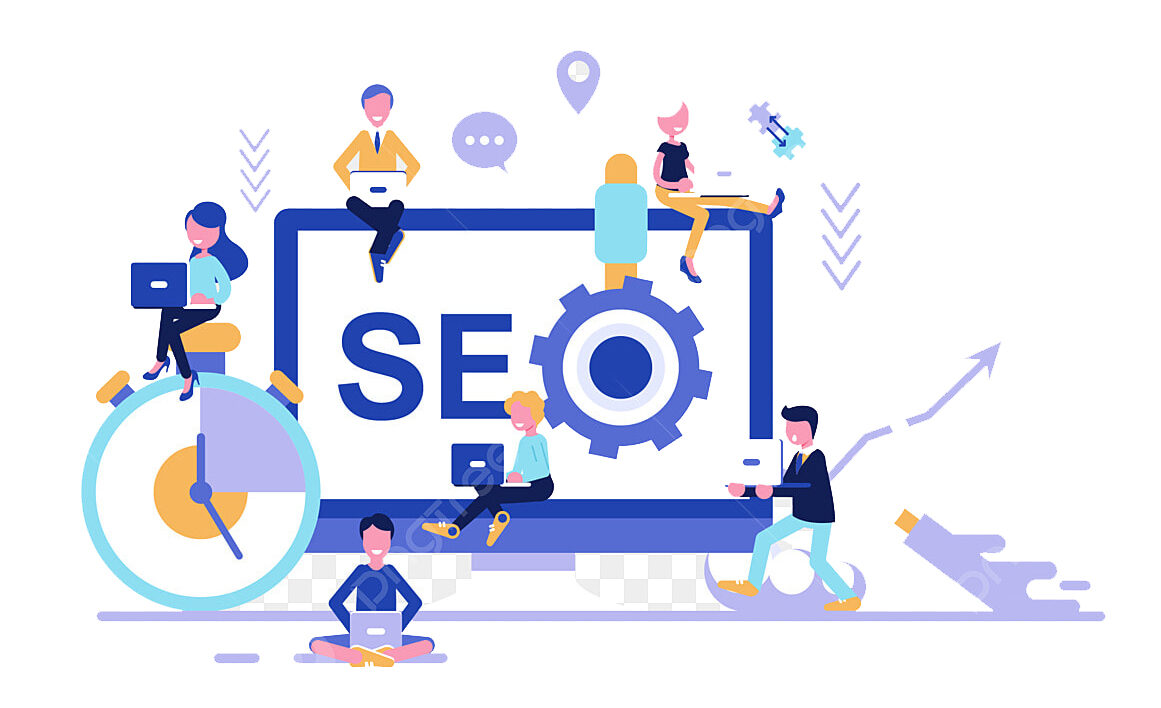
Small businesses are continually seeking innovative ways to expand their online presence, promote their offers, and generate more sales or service bookings. Thankfully, the past couple of years have seen a resurgence in the economy, accompanied by a wave of support for local commerce. Local SEO becomes crucial at this juncture.
So, what exactly is local SEO? Local SEO specifically refers to optimizing a website’s search rankings for localized searches, such as “Richmond sushi” or “coffee Vancouver.” Local SEO is particularly crucial for small businesses looking to cater to the local market. It helps them gain more online visibility and drive sales in their local communities. Here are five distinctive and profitable digital strategies to boost their local SEO:

1. Conduct Detailed Keyword Research for the Local Market:
A successful SEO campaign begins with thorough keyword research. This involves compiling a list of keywords that local customers use when searching for your products or services. In the realm of local SEO, you’ll want to gather a specific set of keywords that local customers utilize to find your offerings. For instance, if you’re a florist in Richmond specializing in Richmond community presentations, you’d focus on conducting keyword research tailored to the Richmond community. Similarly, if you’re a Richmond-based plumbing company serving Richmond, South Vancouver, White Rock, and Delta, you’d gather a list of keywords that your audience particularly uses when searching for services in these four areas.
2. Include City Names in Title Tags:
Incorporate the names of the cities or areas you serve into your title tags. For example, if you’re a Richmond Audi dealership and you cater to both Richmond and Greater Vancouver communities, you can include “Richmond” and “Greater Vancouver” in your title tags. If you’re predominantly focused on Richmond, you may choose to have your title tags only mention Richmond. Creating separate landing pages for specific cities is also an option. For instance, a plumbing, heating, and air conditioning company in Milan has created location-specific landing pages to cater to each city’s search queries. The company has a landing page for Richmond titled “Richmond BC Plumbing, Drainage, Heating & Air Conditioning,” and a separate landing page for White Rock titled “White Rock Plumbing & HVAC.” These location-based pages help the HVAC company rank better for location-specific searches in Google, aiding their online visibility in the context of local-based searches.
3. Earn Backlinks:
The number of quality backlinks a website possesses plays a significant role in its search engine rankings and overall SEO performance. Google considers the quantity and credibility of backlinks as factors for assessing a website’s trustworthiness and authority, both of which are crucial components of SEO. To acquire backlinks, you can explore opportunities for media outreach or guest blogging. For example, you can organize a unique event and invite local journalists or magazine writers to cover the event, including links to your website. Journalists may feature the event in news articles or magazines and include links to your website. Alternatively, you can write articles yourself and pitch them to newspapers, publications, or blogs, featuring your website link. Each quality backlink earned contributes to improving your search rankings.
4. Implement Citations:
A citation is an online mention of your business name, physical address, and phone number. These three elements are typically mentioned as an NAP (Name, Address, Phone Number) citation. Citations help internet users discover local businesses and can influence local search rankings. They assist Google in understanding the location of your business, enabling your website to be correctly displayed on Google Maps and tailored for location-based searches. When you receive a citation, your company’s address is usually linked, providing Google with information about the physical location of your business. This, in turn, aids in displaying your website accurately for location-based searches and contributes to improved local search rankings.
5. Optimize Website Speed:
Page speed is a crucial factor for search engine rankings as it directly impacts the user experience (UX) of a website. Google takes UX into consideration when ranking websites. To improve the speed of your website’s pages, you can implement a few simple measures, such as:
– Compressing image files to be below 100KB. Smaller image files load faster, resulting in quicker page loading times.
– Compressing HTML and CSS files. Reducing the size of HTML and CSS files makes your website lighter, optimizing page speed.
– Minimizing the use of animations on your website. Limiting website animations as much as possible reduces the load time, enhancing page speed.
A skillful and effective local SEO strategy can greatly benefit your company’s overall marketing and business success. Investing in local SEO tactics helps boost your search rankings, online visibility, website traffic, and potential client attraction, ultimately leading to increased sales and business growth.


